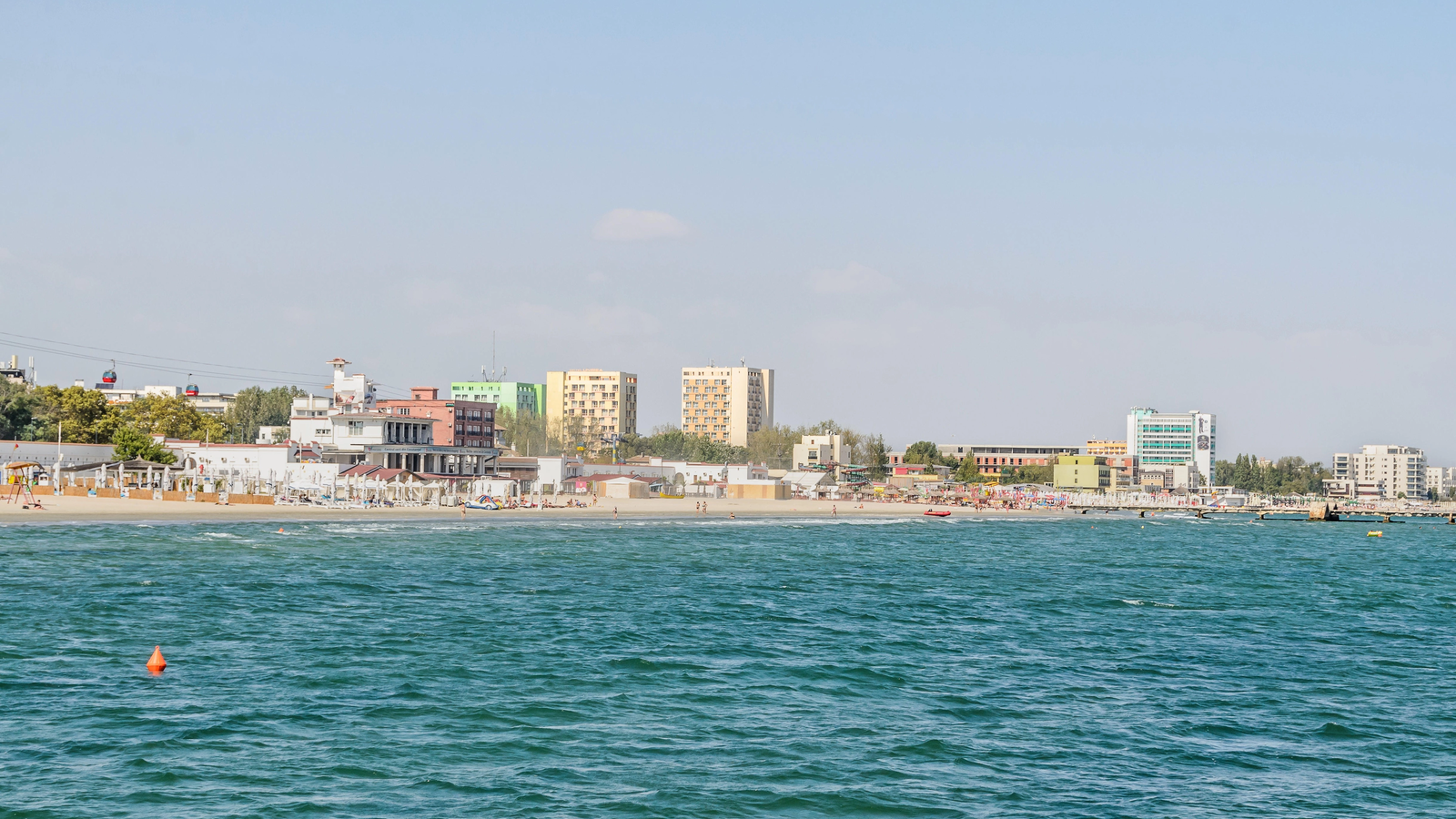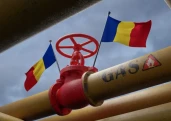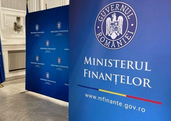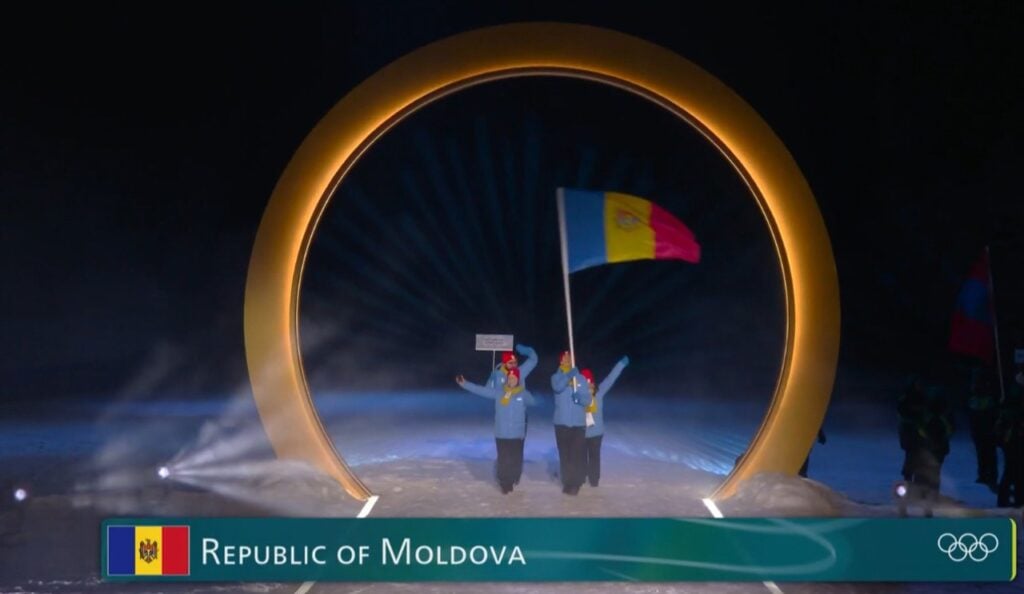Researchers from five states in the Black Sea basin are evaluating invasive species in the context of climate change and the ecosystem services they can have, within the "Iason+" project, whose launch conference is hosted Wednesday and Thursday by Tulcea County.
The project manager, Gabriel Lupu, specialist of the Danube Delta National Research and Development Institute (INCDDD), said on Wednesday, for AGERPRES, that the initiative financed by European funds brings together researchers from Georgia, Greece, Romania, Turkey and Ukraine in Tulcea.
"One of the main topics of this project is precisely related to the added value that invasive species bring and the ecosystem services that the invasive species can provide. Amorpha fruticosa L. (dwarf acacia, ed.n), an aggressive species in the Delta, has become commercialized. At the moment, because it is part of the deltaic landscape, there are already beekeepers who make honey from this species on the market, as far as I understand, the sticks resulting from the cutting of the species are used for the construction of fences and outbuildings. We are slowly beginning to find their usefulness, if we cannot eliminate them," the INCDDD researcher, Gabriel Lupu, added.
The INCDDD representative emphasized the importance of the participation of Ukrainian researchers at the project's opening conference.
"Some species come on the route from Russia, Ukraine to the Danube Delta, other species come from the south to the north, and it is important to synchronize our activities. Even earlier, the governor of the Danube Delta Biosphere Reserve established communication with the Ukrainian side on invasive fish species and the invasive shrimp that appeared in the Delta (from Ukraine, ed. n) to be included in the Management Plan of the Reserve, which is currently being worked on," the INCDDD researcher also said.
The objectives of the "Iason+" project are the continuation, development and implementation of joint procedures for monitoring and assessing the risks of non-native invasive species, the evaluation of their influence in the definition of ecosystem services in deltaic ecosystems of the Black Sea Basin and the assessment of resilience in current and forecasted climatic conditions, for the creation and promoting the premises of adaptation to climate change in the protected areas of the project, in accordance with regional strategies and policies.
INCDDD is the leading partner of this project which is financed with 1,396,112.46 euros, through the Interreg VI-B mechanism, NEXT Black Sea Basin Programme, and which takes place between June 28, 2024 and October 27, 2026.
The Interreg VI-B NEXT Black Sea Basin program is supported by the European Union and targets Armenia, Georgia, the Republic of Moldova and regions in Bulgaria, Greece, Romania, Turkey and Ukraine. The program represents a platform where the links between the participating countries are strengthened, new ones being created and where regional actors come together and contribute to a sustainable management of resources for the benefit of the local population.
































Comentează